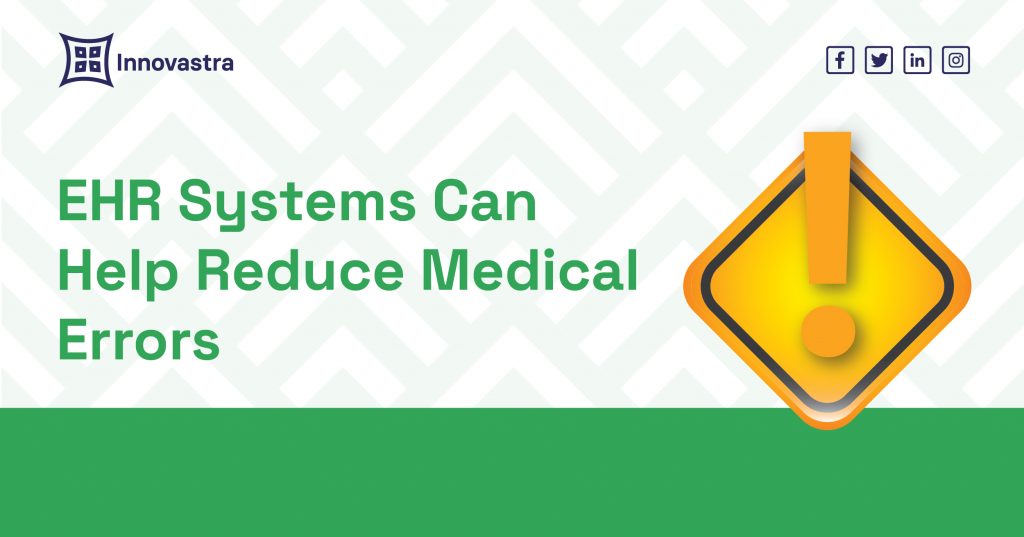Medical errors are a major problem in Nigeria, as in many other countries, According to the World Health Organization, an estimated 10% of patients worldwide are harmed by medical errors, and these errors are responsible for up to 2.5 million deaths each year.
Fortunately, technology offers a promising solution in the form of Electronic Health Records (EHR) systems. Implementing EHR systems in Nigeria’s healthcare infrastructure has the potential to significantly reduce medical errors, improve patient outcomes, and enhance overall healthcare quality.

Medical errors in Nigeria are a critical concern. These errors can occur at various stages of patient care, including diagnosis, treatment, medication administration, and follow-up.
Common causes of medical errors in Nigeria include:
- Poor Record Keeping: The traditional paper-based medical records system is prone to inaccuracies, illegible handwriting, and misplacement of records, leading to errors in patient care.
- Limited Access to Patient Information: Healthcare professionals often struggle to access complete patient histories and relevant medical data, especially in emergency situations.
- Prescription Errors: Handwritten prescriptions are susceptible to misinterpretation, resulting in incorrect medications or dosages.
- Lack of Coordination: Fragmented healthcare systems hinder effective communication among healthcare providers, leading to misunderstandings and mistakes in patient care.
- Decision Support: EHR systems often incorporate clinical decision support tools that assist healthcare professionals in making evidence-based decisions, reducing the risk of diagnostic and treatment errors.
EHRs can help to reduce medical errors in a number of ways;
- EHRs can improve communication between healthcare providers. This is important because many medical errors occur due to miscommunication, such as when a doctor orders a medication but the nurse gives the wrong dose. EHRs can help to ensure that all of the relevant information about a patient is available to all of the healthcare providers involved in their care.
- EHRs can help to prevent diagnostic errors. This is because they can provide access to patient records from multiple sources, such as labs and radiology reports. This information can be used to make more accurate diagnoses.
- EHRs can help to prevent procedural errors. This is because they can provide step-by-step instructions for procedures. They can also be used to track the progress of a procedure and to identify any potential problems.
- EHRs can help to improve patient safety by providing access to real-time data about patient conditions. This information can be used to identify patients who are at risk for complications and to take preventive measures.
Overall, EHRs have the potential to significantly reduce medical errors in Nigeria. However, it is important to note that EHRs are not a panacea. They must be used correctly and effectively in order to be successful.
The adoption of EHRs in Nigeria is still in its early stages but there is a growing recognition of its potential to improve patient safety. As EHRs become more widespread, it is expected that they will play an increasingly important role in reducing medical errors in Nigeria.

